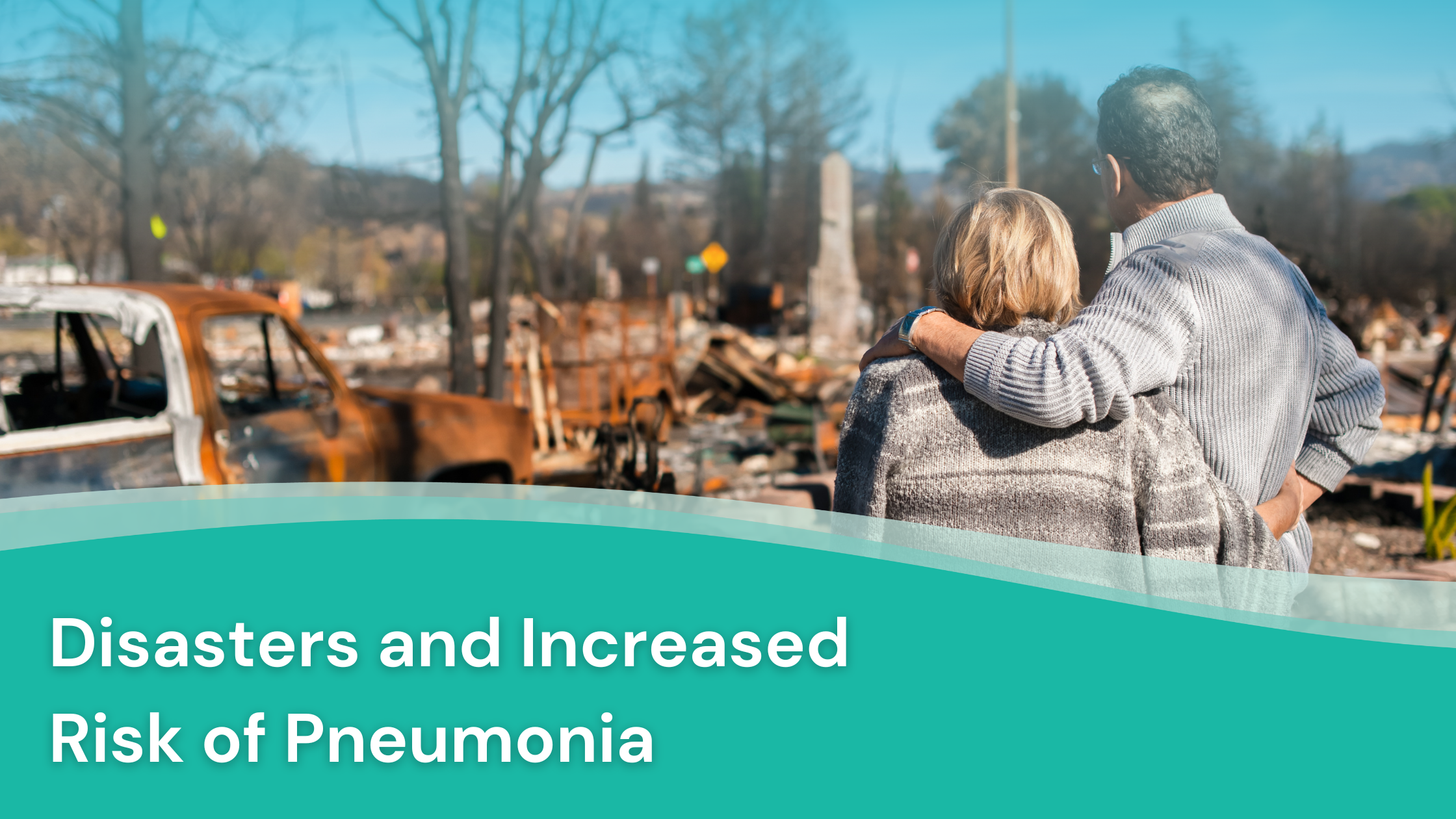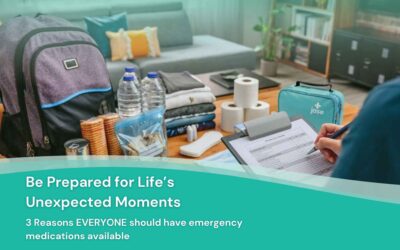
Natural events are unpredictable, preparedness is not.
.

You can’t know what may happen next, but you can know your family is prepared.
With disasters and disease on the rise globally, there is no time like today, to prepare for tomorrow. From recent supply chain disruptions and prescription drug shortages, to natural disasters and human caused catastrophes, this has been a record year already. Are you prepared for what may happen next?
Just in the past few months:
- A cargo ship took out a bridge in Baltimore, causing a ripple effect of supply chain disruptions.
- Cases of measles – once thought to be eradicated – are steadily rising at a rate greater than last year.
- The bird flu is back and is now infecting humans.
- The FDA has been forced to backpedal on claims it made about Ivermectin in recent years.
- Just yesterday the CDC issued a warning about an alarming growth in cases of a rare bacterial infection that is also now more deadly than previously thought.
- A tragic earthquake in Taiwan that took the lives of 10 people, trapped hundreds more, also damaged 7 area hospitals.
- And according DOD and NIH reports, upwards of 90% of our prescription drugs or their active ingredients come from foreign suppliers.
The cause for concern:
Both natural and man-made disasters can cause changes in your immediate environment and/or your daily routine significant enough to make you susceptible to an infection that could cause any number of illnesses, including a likelihood of contagious pneumonia.
Cases of Pneumonia can be caused by either a bacterial, viral or fungal infection. They can be easily spread though close proximity to an infected individual, who may be coughing or sneezing, or through contact with a contaminated surface such as a door handle or countertop. However to mitigate this, antibiotics are usually prescribed when bacterial pneumonia is suspected. Fortunately, once an infected person begins an antibiotic regimen their contagiousness decreases. So the sooner you get on antibiotics for pneumonia, the better.
Here are just some of the ways disasters can cause an increase in susceptibility to Pneumonia:
- Increased Exposure to Germs: Disasters can damage sewage systems and contaminate water supplies with floodwater or debris. This contaminated water can harbor bacteria, viruses, and even fungi that cause pneumonia. People may unknowingly ingest these germs while drinking contaminated water or inhaling aerosolized droplets during clean-up activities.
- Weakened Immune Systems: Disasters can lead to crowded living conditions in shelters, which can increase the spread of respiratory illnesses like the flu or common cold. These viral infections can irritate and weaken the lungs, making them more susceptible to secondary bacterial infections that turn into pneumonia.
- Poor Air Quality: Dust from collapsed buildings, smoke from fires, and mold growth in damp environments after floods can all contribute to air pollution. Inhaling these irritants damages the lining of the lungs, making them more vulnerable to infection.
- Difficulties with Hygiene and Sanitation: Disruptions to basic services after a disaster can make it difficult to maintain proper hygiene practices like handwashing. This can increase the spread of germs that cause pneumonia.
- Underlying Health Conditions: The stress and physical strain of a disaster can worsen existing chronic health conditions like asthma or heart disease. People with these conditions are already more susceptible to pneumonia, and disasters can exacerbate these vulnerabilities.
Conclusion and Solution:
Azithromycin (Z-Pack) is the most commonly prescribed and effective medication for most cases of Pneumonia. Just last year there was a shortage of Azithromycin due to increased global demand, inadequate production and geopolitical tensions which resulted in price increases. It is also used in the treatment of bronchitis, and other infections of the ears, lungs skin and throat. This is why Z-Pack is one of our core included medications in our Jase Case.
Through either a surge in demand or physical damage to facilities, both local events outside of our control, and natural disasters can affect critical infrastructure and cause interruptions in our access to healthcare facilities and pharmacies. The only way to have the peace of mind of knowing you are protected from medical emergencies is by having your own stock of emergency prescriptions.
Lifesaving Medications
Recent Posts
Keeping you informed and safe.
Medical Readiness: What Really Kills First
When Disaster Strikes, It’s Not Hunger or Thirst That Takes the First Lives In every disaster zone, from hurricanes in the Caribbean to war zones in Ukraine, the pattern is the same. People worry about food and water, but it’s infection that kills first. A small wound...
Exploring Dr. William Makis’ Hybrid Orthomolecular Cancer Protocol: Focus on Ivermectin and Mebendazole/Fenbendazole
Exploring Dr. William Makis’ Hybrid Orthomolecular Cancer Protocol: Focus on Ivermectin and Mebendazole/Fenbendazole *Disclaimer: This article is for educational purposes and does not constitute medical advice. Always seek professional guidance.* In the evolving...
Be Prepared for Life’s Unexpected Moments
3 Reasons EVERYONE should have emergency medications avaiable. It's all about access—access to medications and care when you need it most. And when things happen outside of your control that access can disappear.Below are 3 examples of how easily this access can be...
Youth Preparedness: Teaching, Building, and Coping with Disasters
Educating and preparing your children ahead of time means fewer surprises in the event of an emergency.Growing Up Prepared: Empowering Youth in Disaster Preparedness As we observe National Preparedness Month, it's crucial to remember that disasters can strike at any...




